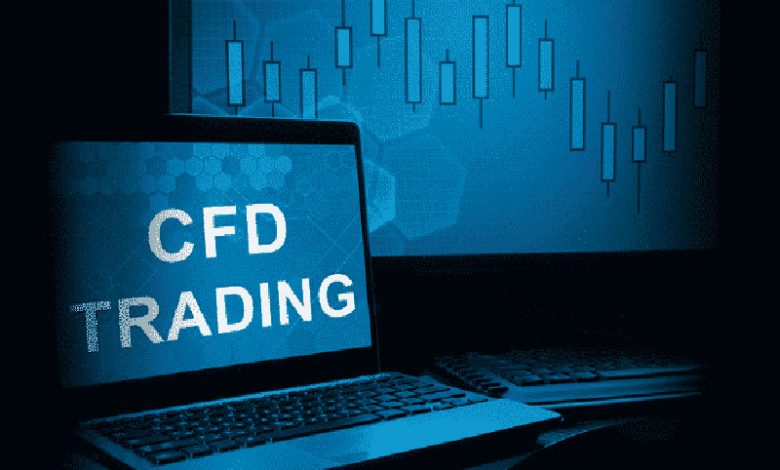Stock CFDs: a Guide to Trading

A stock CFD is a contract for difference that allows traders to speculate on the price of a particular stock without actually owning the underlying asset. CFDs are a popular trading instrument, allowing traders to take advantage of rising and falling markets. There are several things to consider before trading stock CFDs, including which broker to use, what stocks to trade, and how to manage risk.
Choose a reputable broker
When trading stock CFDs, choosing a reputable and well-regulated broker is essential. There are many brokers out there that offer CFD trading, but not all of them are created equal. Make sure to do your research and only open an account with a broker licensed and regulated by a reputable body such as the Financial Conduct Authority (FCA) in the UK or the Cyprus Securities and Exchange Commission (CySEC).
Decide which stocks to trade
There are thousands of different stocks that you can trade via CFDs, so it is vital to decide on the ones to focus on. One approach is to choose stocks that you are familiar with and understand the underlying business well. Another approach is to use technical analysis to identify potential trading opportunities. Either way, it is essential to have a clear plan before entering any trade.
Consider the costs
When trading stock CFDs, you will be charged a commission by your broker and incur spreads on each trade. Spreads are the difference between a particular stock’s bid and ask price and can vary depending on the broker you use. It is essential to factor in these costs when planning your trades, as they can eat into your profits if you are not careful.
Manage your risk
Risk management is one of the CFDs’ most important aspects of trading stocks. There are several ways to do this, but one of the most important is to use stop-loss orders. A stop-loss order is an order that automatically closes your trade at a specific price, limiting your losses if the market moves against you.
Use leverage wisely
CFDs allow traders to use leverage, magnifying profits and losses. It is essential to use this tool wisely, as it can lead to significant losses if not managed properly. If you are new to trading, it is best to start with a lower level of leverage and increase it gradually as you become more comfortable with the risks involved.
Stay up-to-date
Finally, it is crucial to stay up-to-date with all the latest news and developments in the stock market. Traders can do this by reading financial news websites or following certain stocks on social media. By staying informed, you will be better positioned to make informed trading decisions.
Benefits of trading stock CFDs
Access to a wide range of markets
CFD trading allows you to trade various assets, including stocks, indices, forex, commodities, and more. It allows you to diversify your portfolio and potentially make more profits.
Leverage
Another benefit of CFD trading is using leverage to magnify your profits. Leverage allows you to trade with more money than you have in your account, giving you the potential to make more significant profits. However, you must remember that leverage also magnifies losses, so you should use it carefully.
Short selling
CFDs also allow you to short sell, which means you can profit from falling and rising prices. This flexibility gives you more opportunities to make money from the markets.
Smaller capital requirements
CFD trading generally has lower capital requirements than other types of trading, such as buying stocks outright, meaning you can trade less money and potentially make a lot of profits.
24-hour trading
Another benefit of CFD trading is that you can trade 24 hours a day, five days a week. It gives you more opportunity to make money, as there are always opportunities in the markets.
No stamp duty
When you trade CFDs, you do not have to pay stamp duty. Stamp duty is a tax that is applied when you buy shares outright. It can save you a lot of money, especially if you are trading large volumes.
Access to global markets
CFD trading allows you to trade on global markets and profit from lucrative opportunities in different parts of the world. You can read more on trading global stocks here.
Follow – https://financialapple.com for More Updates




